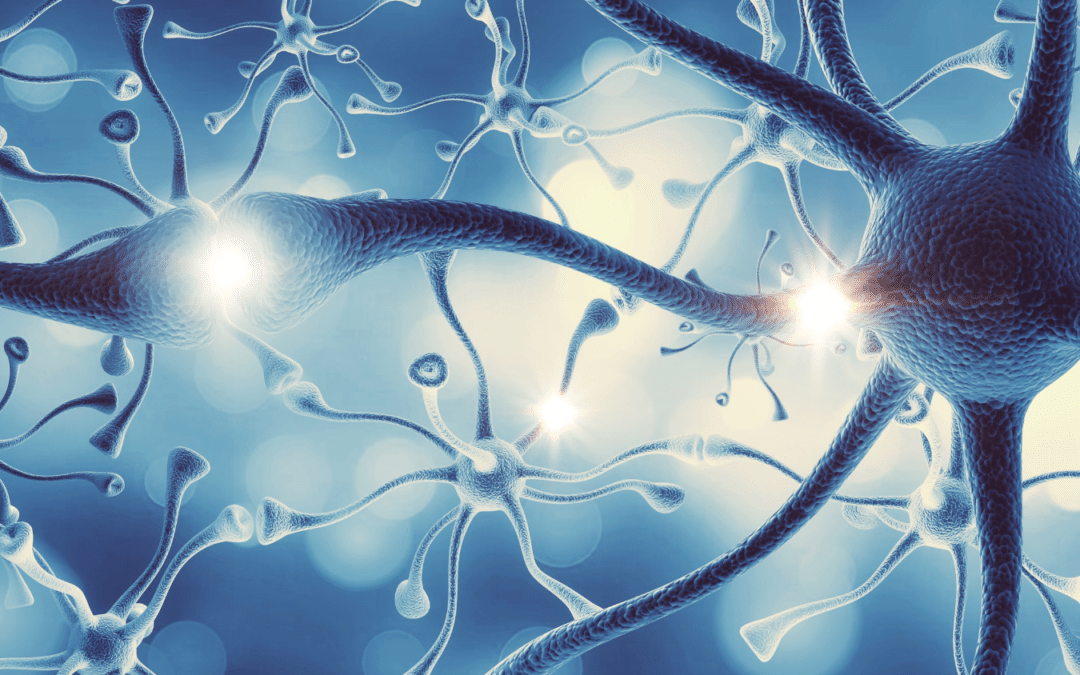The immune system is the body's complex defense system that works to protect it from pathogens, such as bacteria, viruses and other foreign substances. It consists of an intricate network of cells, tissues and organs that work together to recognize and eliminate potential threats. Its main components include white blood cells, antibodies, lymph nodes and spleen.
When the body is exposed to pathogens, the immune system is activated through a complex series of reactions. The immune system can distinguish between the body's own cells and foreign substances, and it has the ability to form an immunological memory to enhance the response to repeated attacks. A strong immune system is essential for maintaining good health and protecting the body from disease. Lifestyle factors such as a balanced diet, regular exercise and adequate sleep also play a role in supporting immune system function.










